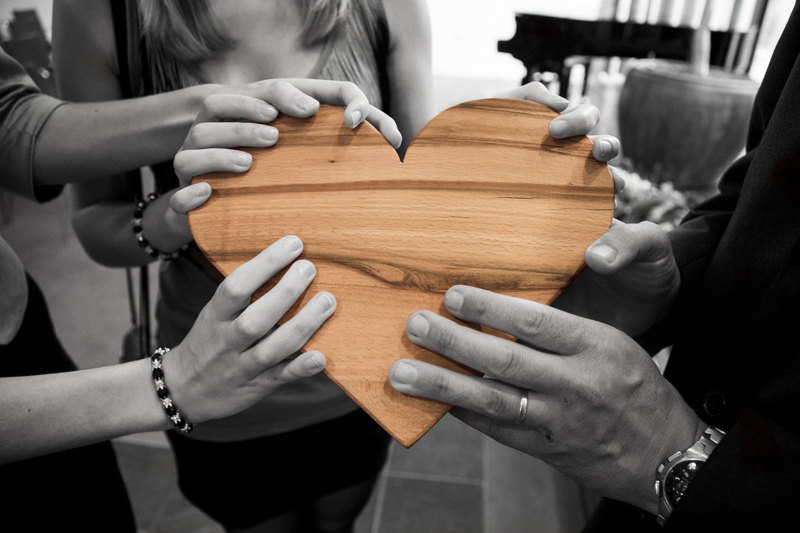Greetings and Salutations -
A reminder that we have an editor chat this Thursday, Jan 10th at 9pm EST. The topic will be on developing and maintaining a writing schedule. In general it will be on time management. Several editors have asked if we can start promptly at 9pm - normally we tend to have some chit-chat at the beginning. So I'll open the chat room early, at 8:30pm. Come on by early if you'd like to chit-chat! That way at 9 we can get right going with the main topic.
Thank you to everyone who is sending in your 2013 goals! They are quite inspiring. If you haven't sent yours in yet, send away!
A number of editors are asking if there's one key topic they should keep in mind as they work on web writing for 2013.
From the research I've been doing, I'd have to say it's SmartPhones. One of the biggest changes we've seen in the past few years is the number of people accessing the web on smart phones, and it's getting more critical every day. What does this mean to you as a web writer?
* People have small screens. Makes sense :). This means avoid large images. Avoid complex images. If your article absolutely needs an image, then make it small and right-justify it so the text isn't "interrupted" by the image. Always put it after the first paragraph. If you're writing about pinto horses, by all means put in a small image of a pinto horse - it's easier to see one than to try to describe it in words. But if you're writing about goal setting, don't put in a gratuitous image of a person waving their hands around. The image roadblock causes more user irritation than it's worth.
* Similarly, make sure your articles are only 2-3 page downs in length. Stay well within the 1200 word maximum. It is a royal pain to scroll on many cellphones. If you have a complex topic, that's fine - break it up into several related articles. So if I have an essay on making a pomegranate salad, I might have one article all about the pomegranate and its history. A second article describes how to open a pomegranate. The third article provides the recipe for the salad. The articles all link to each other. This is MUCH easier for the user to manage. Plus, Google sees the user reading multiple articles, considers my site therefore a good resource on the topic, and raises my ranking. It's definitely the ideal way to write on the web.
That being said, always make sure each article has a meaningful title on its own. Never use "part 2" or "more about" or "continued". These words spell death in web results :). Make sure each title stands on its own as a meaningful item for people to read.
* Update Daily. OK, yes, I know, we're all quite busy. So put that aside for a moment and think of this in terms of the end user. They are waiting at a bus stop, waiting in a grocery line, and poking at their phone. They check it several times a day. The sites that have new info for them, they visit. The other sites, they soon forget about. If they have a choice between 10 low carb sites that have new updates for them, one mine which is updated once a month, it's not even a question in their mind. They keep going back to the daily-updated sites and forget the monthly one is around. It's not that they "dislike" the monthly site. It's simply that the monthly site gets forgotten in their busy lives.
So how does one update more frequently? Think more like a user with a cellphone. They don't necessarily need complex tomes every day. Yes, they like them when you have time to post them! But in the meantime, they're quite happy to hear short messages. Let them know what you're doing. Let them know about a cool project you're considering. For my low carb site, I let them know each day what I'm eating. I ask questions about low carb topics. Users love that kind of interaction. It doesn't always have to be the Gutenberg Bible. Sometimes the friendly, casual interactions are exactly what they crave. You would do those shorter posts in your forum and on your social networking feeds. The Facebook posts then auto-update on your site, and now your entire site is updating daily.
The key is to think like your user. Your user sometimes wants complex information that they will study. Your user often will be thrilled with short quips they can read and enjoy. Someone waiting in line at a supermarket probably doesn't need to read a ten part evaluation of Ode to Joy. But a fun poll about what their favorite song is will appeal to them immensely.
The more you stay in touch with your users, the more you build that emotional connection and build your community!
Let me know if you have any questions, and I look forward to seeing you on Thursday!
Lisa Shea, owner
BellaOnline.com
--------------------
Archive of Past Emails -
http://www.bellaonline.com/newsletter/editorassistance
Editor Assistance Site - full of helpful articles and tips!
http://editorassistance.bellaonline.com/
Editor Forum - for community help 24 hours a day
http://forums.bellaonline.com/ubbthreads.php?ubb=postlist&Board=10
All correspondence between BellaOnline editors is confidential and should not be forwarded or distributed.
editorassistance Newsletter



